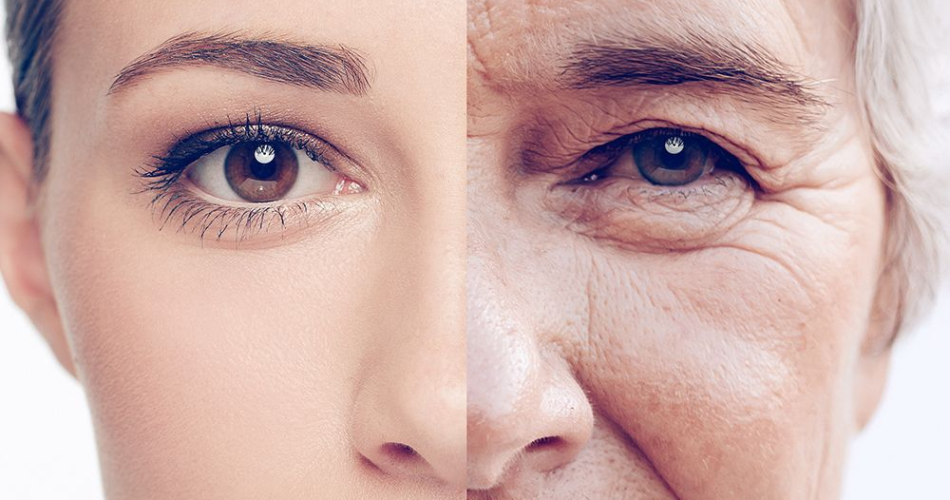You aim to keep your skin looking young, and you’re willing to invest time and money to prevent premature signs of aging. However, with numerous products available, it can be challenging to distinguish those with proven anti-aging ingredients from ineffective ones, while ingredients like retinol and sunscreen have scientifically proven anti-aging benefits, there are other considerations for a well-rounded skincare routine, as suggested by and other dermatologists.
Premature skin aging can be a concern for many individuals, but incorporating specific ingredients into your skincare routine can help combat these signs effectively. These ingredients have been widely recognized for their ability to promote youthful and healthy skin. They recommend specific ingredients to help your skin stay firm, supple, and radiant for years to come.
1: Vitamin B for Healthy Skin
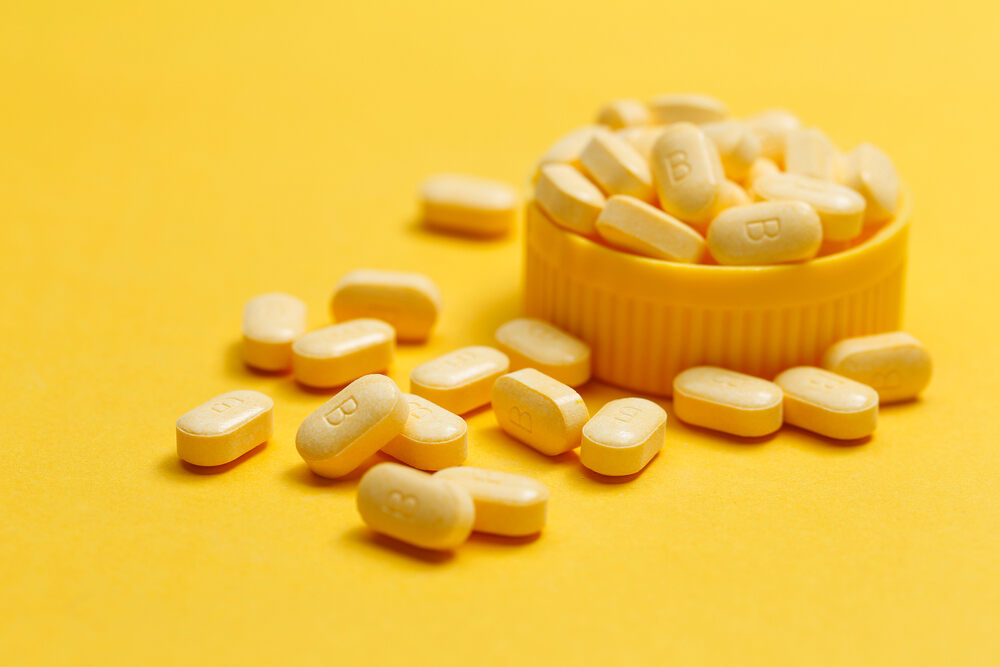
2: Coenzyme Q10 to Protect Collagen
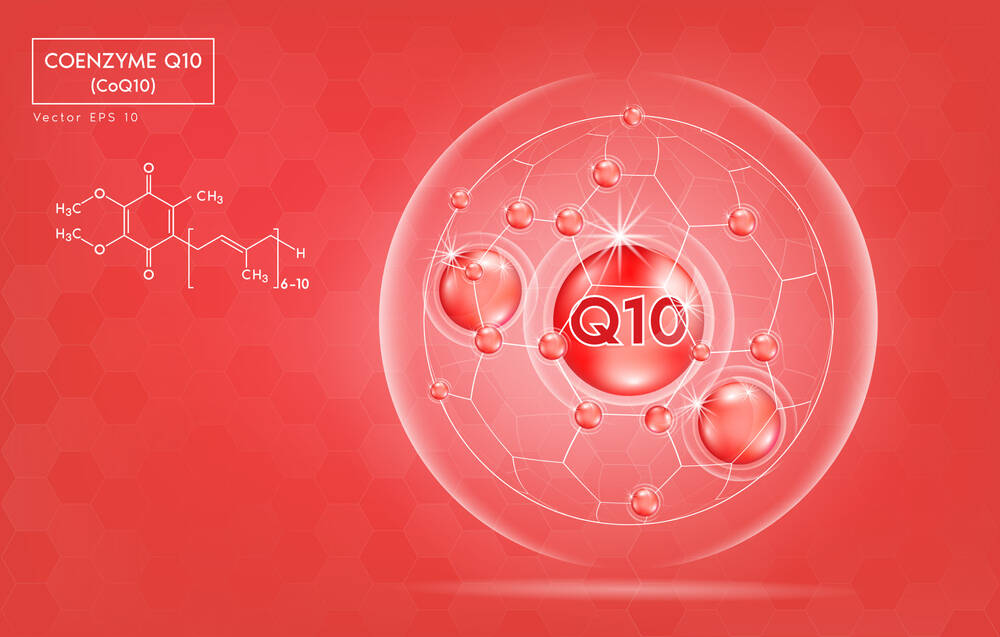
Vitamin Q is a powerful antioxidant that supports the development of youthful-looking skin, as indicated by various studies.
Naturally occurring in the body, it helps protect the skin from free radicals and supports collagen production.
Q10 helps safeguard the elasticity and collagen that define the skin.
As we age, our natural levels of Coenzyme Q10 decrease, which may slow down the skin’s ability to renew and protect itself from damage. To boost Coenzyme Q10 levels, many people find that taking a dietary supplement, along with using topical creams, produces the best results. In a study, taking a specific CoQ10 supplement daily for 12 weeks improved wrinkle appearance and resulted in smoother skin. Additionally, other research showed that applying CoQ10 topically effectively reduced free radicals responsible for aging on the skin.
3: Copper to Prevent Sagging and Fill Wrinkles

You might be thinking about pennies, but the copper we’re talking about is actually found in small amounts in our skin cells. It helps bind proteins together, supporting the formation of collagen, which is crucial for preventing sagging and reducing wrinkles. Research shows that copper can clear and renew damaged collagen, making it great for improving sun-damaged skin and scars. Sleeping on pillowcases infused with copper for one or two months can also help reduce crow’s-feet lines, according to studies.
4: Green Tea to Revitalize Your Skin

Drinking warm green tea can help you relax, and it’s good for your skin too. The tea comes from an ancient plant that’s rich in nutrients, particularly Polyphenols as mentioned in a Nutrients review. These polyphenols, also known as photochemical, act as antioxidants, protecting and repairing your skin from damage caused by oxidation. Green tea’s stimulant properties can also boost the vitality of aging skin. For dark circles eyes, combining green tea with caffeine in eye cream can be especially effective. To enjoy these benefits, not only can you use creams or serums with green tea, but you can also sip on a cup of the tea itself.
5: Peptides to Stimulate Collagen Production
Because of the promising results of clinical research, peptides are becoming increasingly popular anti-aging skin-care ingredients. Peptides are short chains of amino acids, the building blocks of proteins, notes the National Human Genome Research Institute. Most topical peptide creams are designed to stimulate collagen to improve the appearance of wrinkles. But not all peptide creams are created equal, so stick to products that have gone through clinical testing, he recommends.
6: Retinoid and Retinols to Speed up Cell Turnover
Retinoid and retinols, like Retin-A, are derived from vitamin A. They help speed up cell turnover and collagen production, making your skin smoother and younger-looking. Research shows they can also reduce wrinkles, fine lines, discoloration, and improve skin texture. Retinoid are the most tested and proven anti-aging ingredients by the medical community. However, results take time, usually several weeks or months. Be cautious as they can be drying and increase sun sensitivity. Use them moderately and always apply sunscreen when using products with retinoid or retinol.
7: Vitamin E to Reverse Damage and Rejuvenate Skin
Vitamin E is a powerful protector against skin damage, such as fine lines and wrinkles. It fights harmful free radicals caused by things like sun exposure. Vitamin E is an excellent antioxidant found in skin creams that can rejuvenate and help heal wounds by strengthening the skin. Pure vitamin E oil is a popular and affordable remedy for cracked cuticles and scars from cuts, burns, and surgery. Combining vitamins C and E when applied topically provides even greater benefits, as they work together to preserve and build collagen, according to research.
8: SPF to Prevent Skin Cancer (and Improve Your Appearance)
Not only can broad-spectrum sunscreen with an SPF of at least 30 help prevent skin cancer, it’s also been shown to improve the cosmetic appearance of the face, even if used by itself, In a study, sunscreen alone applied to the face for one year resulted in improvements of cosmetic measures like skin tone, texture, and wrinkles.
Here are some tips for using SPF to prevent skin cancer:
- Choose the Right SPF:
Select a sunscreen with at least SPF 30 for everyday use. If you plan to spend more time outdoors, especially during peak sunlight hours, consider using a higher SPF.
- Apply Enough:
Most people don’t use enough sunscreen. Apply a generous amount on all exposed skin, including your face, neck, arms, shoulders and legs.
- Reapply Regularly:
Sunscreen wears off, especially if you swim, sweat, or towel-dry your skin. Reapply every two hours or more frequently if needed.
- Seek Shade:
Even with sunscreen, it’s essential to seek shade during the sun’s peak hours (usually 10 a.m. to 4 p.m.) to further reduce your UV exposure.
Using sunscreen with a proper SPF is a simple and effective way to protect your skin from harmful UV rays, reducing the risk of sunburn and, in the long run, lowering the risk of skin cancer.
9: Vitamin C to Neutralize Damage and Lighten Dark Spots
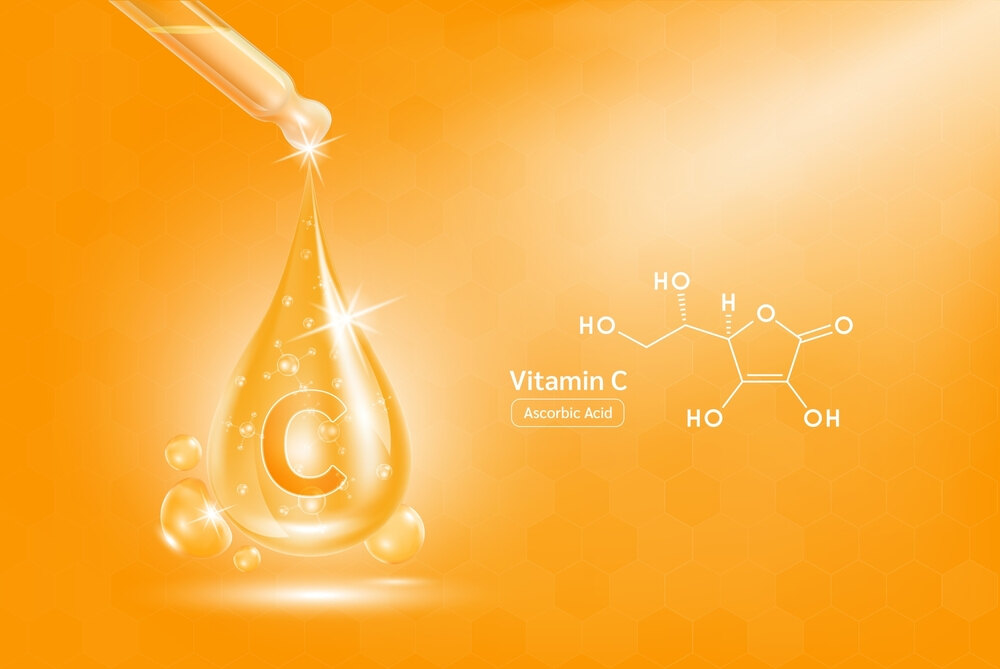
Vitamin C is an antioxidant that neutralizes damage from free radicals and helps complement the effect of your sunscreen, “In the morning, I have my patient’s layer vitamin C underneath their sunscreen,” he says. Vitamin C interferes with abnormal pigment production, helping to lighten dark spots, he adds. What’s more, C-packed products preserve collagen fibers and prevent damage to your skin’s supportive structures, a review noted. One thing to remember when purchasing a topical vitamin C, noted the review authors, is that it is a finicky, unstable ingredient, which will lose potency quickly if not formulated correctly.
If exposed to high temperatures, it may also oxidize, rendering it ineffective, according to the skin-care company. If you’ve ever bought a C serum that’s gone amber, that’s exactly what’s happening. Be sure to purchase a vitamin C product from a company that conducts clinical tests on its products and keep your product in a temperature-controlled area. Some people like to buy mini-fridges to store skin-care products like these, as today reported.
Along with applying a vitamin C serum, also load up on C-rich foods (such as strawberries, oranges and bell peppers), as consuming the vitamin also helps your body create new collagen, notes the National Institutes of Health.
10: Hydroxyl Acids to Exfoliate Dead Cells and Fight Wrinkles
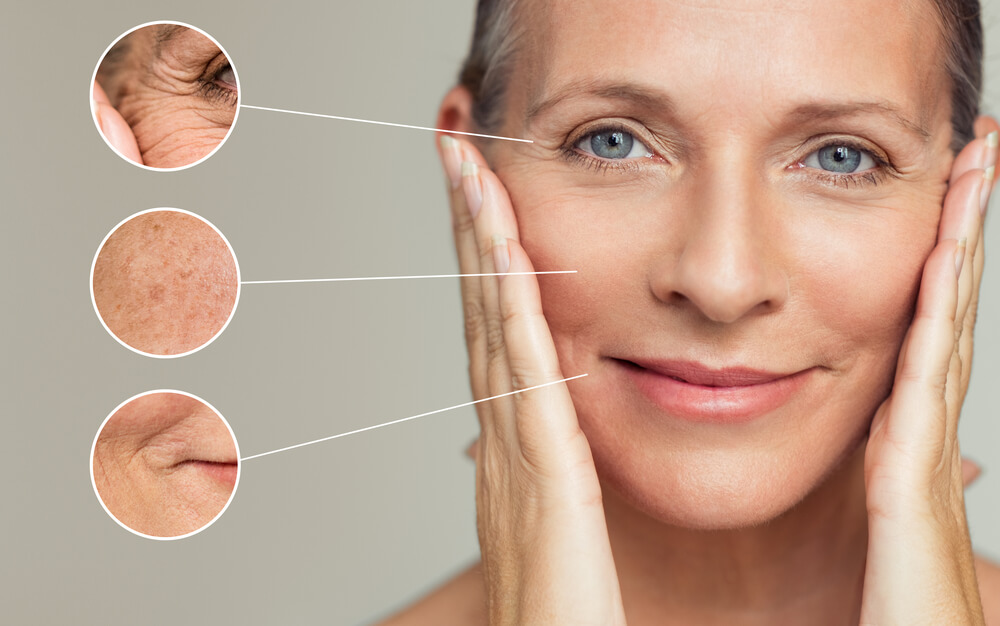
Hydroxyl acids are chemicals that can help improve the appearance of our skin by exfoliating dead cells and fighting wrinkles. These acids are commonly found in skincare products and can be beneficial for achieving smoother and younger-looking skin. Hydroxyl acids are effective ingredients in skincare products that can help exfoliate dead cells, unclog pores, and reduce the appearance of wrinkles. Regular use of products containing these acids can contribute to a smoother, brighter, and more youthful complexion.
Hydroxyl acids can also be useful in treating sun damage, as they can help to fade dark spots and pigmentation caused by exposure to the sun. Regular use of these acids can contribute to a more youthful and rejuvenated complexion.
It’s important to note that while hydroxyl acids offer various benefits, it’s essential to use them with caution. Start with lower concentrations and gradually increase as your skin builds tolerance. Additionally, it’s crucial to use sunscreen daily, as exfoliation can make the skin more sensitive to sunlight.
Exfoliating dead cells is important because it helps to unclog pores, allowing new and healthier skin cells to emerge. This process can result in a brighter and more even skin tone. Additionally, exfoliation stimulates collagen production, which is essential for maintaining skin elasticity and reducing the appearance of fine lines and wrinkles.

